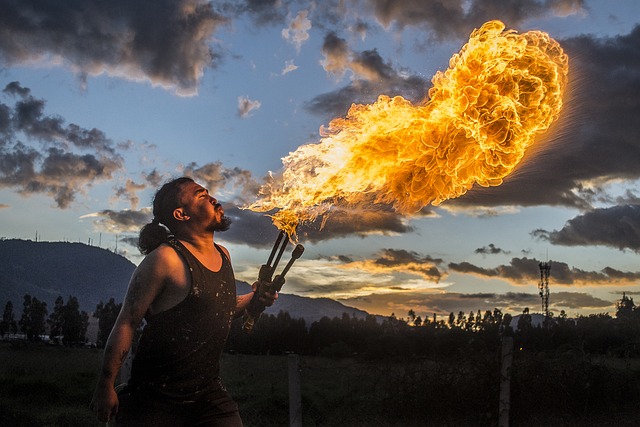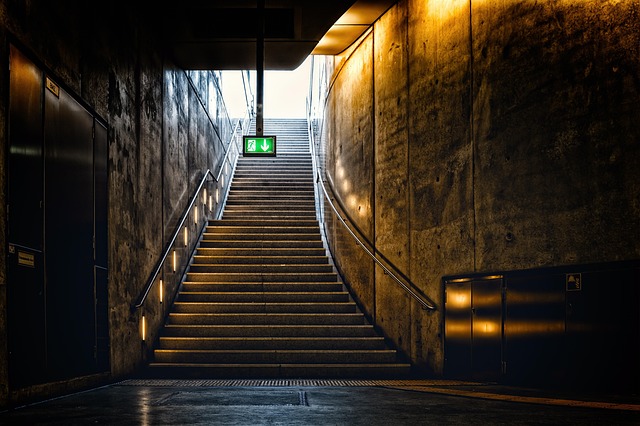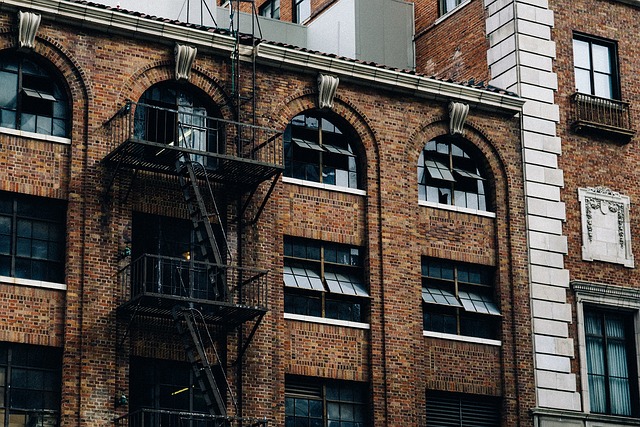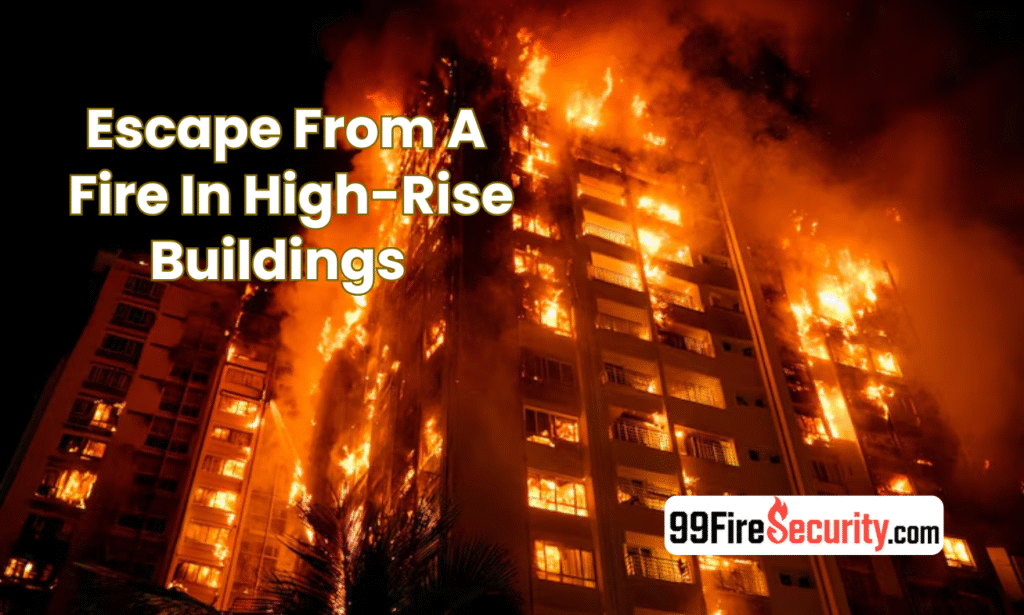High-rise buildings have become a common sight in today’s modern cities. These include residential escape flats, corporate offices, hotels, and malls. In these buildings where space is optimally used the risk of fire at any time is also very high. In the event of a fire escape, it can be difficult to escape the building, especially on the streets when fire escape alarms go off, elevators close and corridors fill with smoke. The purpose of this article is to tell you what to do during a fire emergency. Respond correctly. The method should be explained. If you live or work in a tall building, this guide can help save your life.
Preparation before starting a fire
The first and most important step to staying escape during the day is to be prepared. Most people think this will never happen to me, but a fire emergency can happen at any time.
Emergency exit: This is important to know. Each floor has at least two stairways which provide a means of survival during a fire. It is very important to remember their location and keep the path clear.
Personal fire escape plan: Every member should understand which way to go escape, where to meet and which number to call in case of fire.
When there is a fire take real action

-
Take care and avoid panic
The most important thing when lighting a fire is to keep yourself calm. Due to panic, a person makes wrong decisions and also wastes time. First control your thoughts, then act with a sensible strategy.
-
First Step to Exit the Room
If you are moving into your apartment first Please check the door touch and feel your hand if it is hot or on fire or if there is heavy smoke outside. Opening the door in such a situation can be dangerous.
-
Evacuate Safely
If the door is cold and you open it slowly and see that there is no smoke in the corridor or hallway, immediately Go to the nearest ladder. Never use elevators, as elevators become unreliable during a fire and sometimes collapse in between.
-
Safer Smoking
If there was so much smoke in the hallway, Crouch down and crawl, the smoke always rises, so the air below is cleaned. Cover your mouth and nose with wet cotton to reduce the smoke.
If escape is not possible

Sometimes a situation arises where you cannot get out. If you can’t open the door or it’s springe it’s better to stay and stay. A wet towel or cloth was placed under the door of the room to prevent the smoke from entering, even better if you have duct tape. Go to a window or balcony and signal for help using a white cloth, flashlight, or mobile flashlight. Make your location clear when calling emergency escape services. These tell us which floor you are on, which apartment you are in, and whether or not your access is blocked.
Public Areas in Prestigious Locations
If you find yourself in a common area such as a hallway, ion area, or elevator passage during a fire escape, go to the nearest stairwell. Put up handrails and keep the path clear for others. If you see someone else unconscious, try to pick them up if you can. But it is very important to maintain your safety first. If smoke is coming out or the door is hot, do not open any door or drive through the vehicle without checking.
Protecting Vulnerable Groups
If you have small children, infants, or someone with a physical disability in your home, plan an escape for them in advance. Ask a trusted neighbor to help you during an emergency. They should be included in fire drills; they should understand what to do. Children were taught to use stairs and stay away from elevators.
What to do after a fire

If you have entered the building safely, do not return until authorized by the authorities. Never go back to check on the apartment yourself. The fire may re-ignite, or the structure may become unstable. If someone is hurt, get medical help. If anyone is hurt or injured, give details to emergency responders. After a fire, insurance and safety inspections are critical. Record your belongings or documents.
Common Life Threatening Mistakes
Some mistakes are made while having breakfast in the morning, which become life-threatening. This includes being the first to use the elevator. During a fire escape, the elevator may lose power or short-circuit. Another mistake is to panic and act without thinking. It not only harms oneself but also creates obstacles for others. A third mistake is ignoring fire drills and alarms. It is not just a formal process but a real-life test. These things should be taken seriously to escape.
Conclusion
Living or working in a tall building escape is part of modern life, but along with comfort comes the risk of fire. The outcome of your life is about the timing of your fire. How do you react? If you are prepared, alert, and calm, you can save your life and the lives of others. Fire safety isn’t just planning; it’s fine. Follow our plan The more you practice, the more awareness you have, and the safer you can be in a fire emergency.


